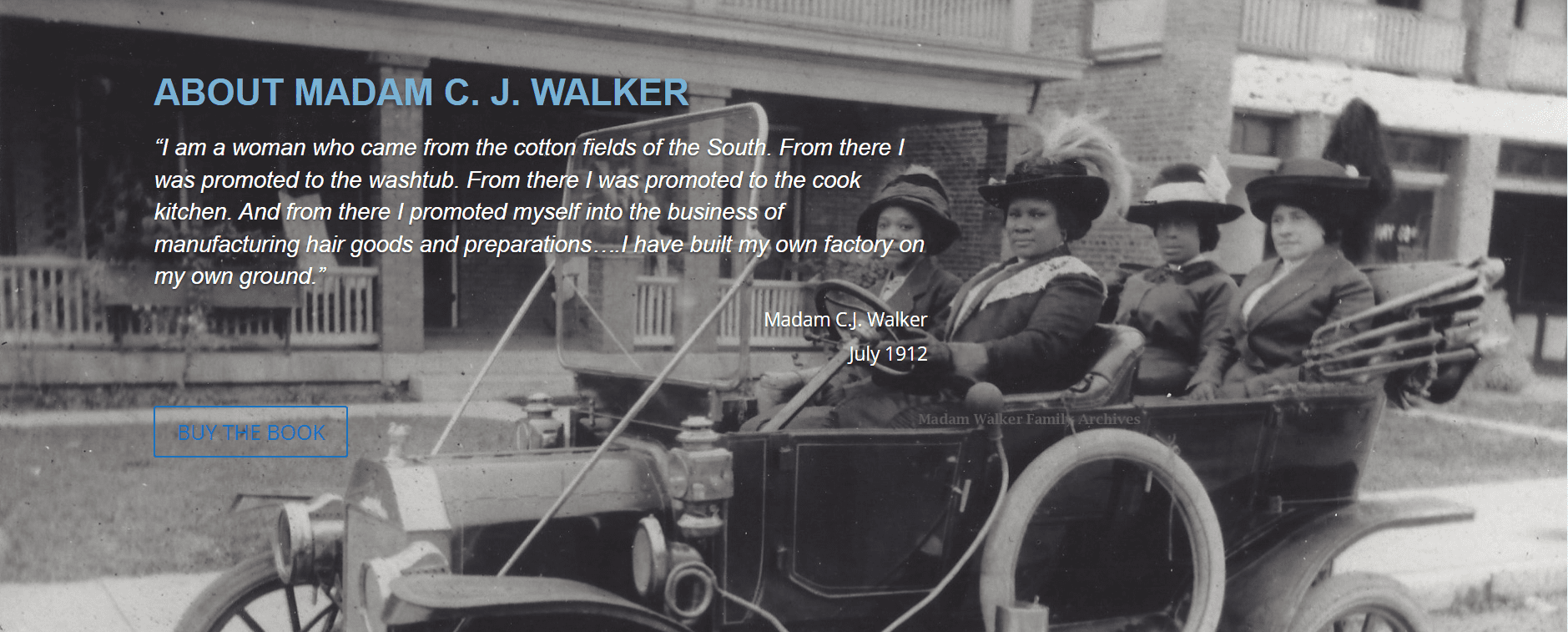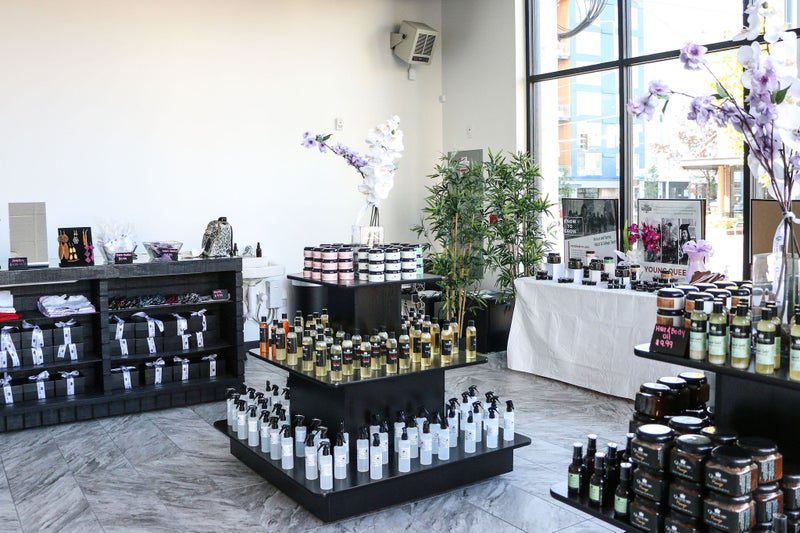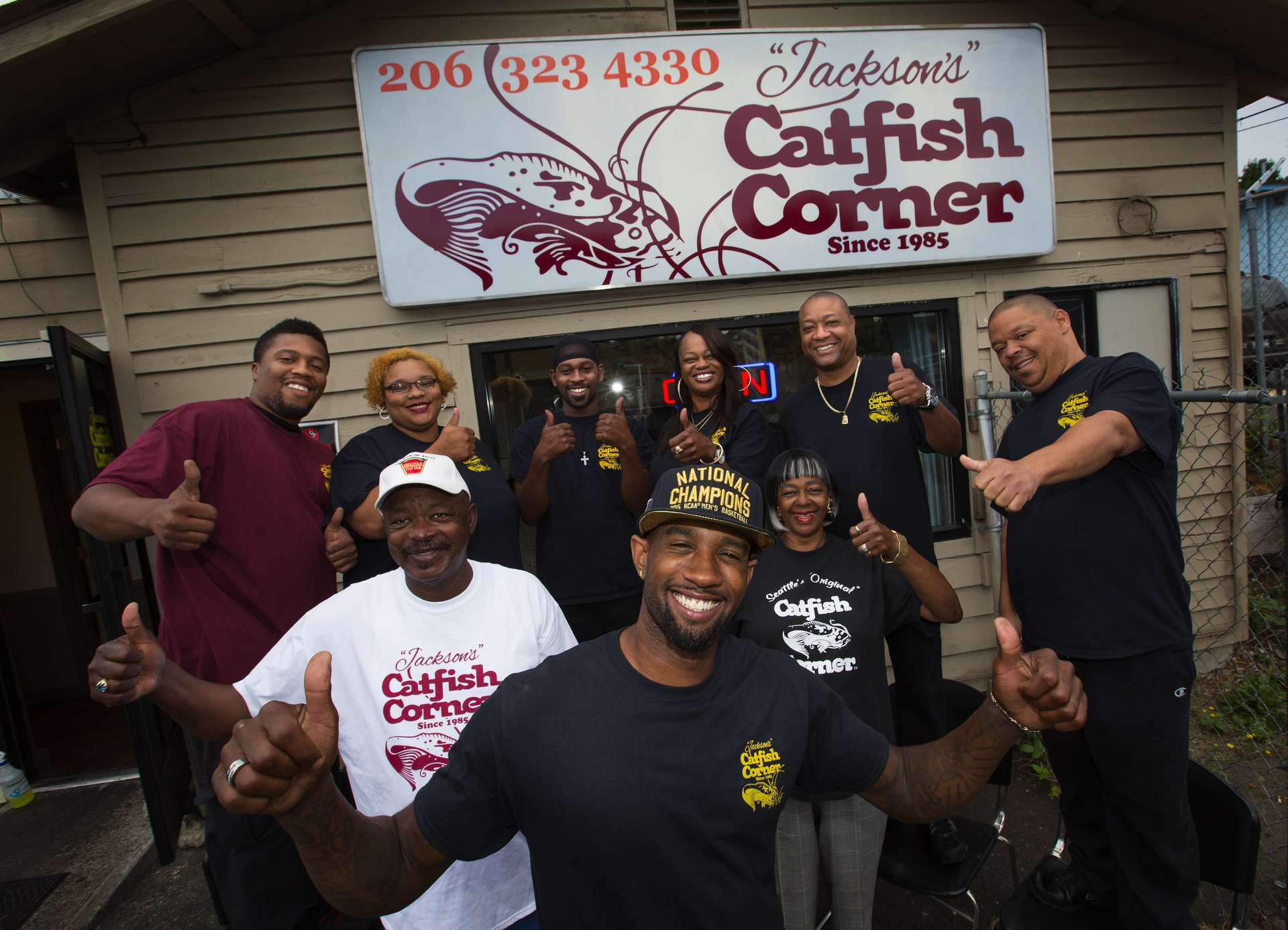Editor’s Note (February 24, 2022): This Blog post was developed in close partnership between our Communications Team and our Black Employees Support Team (BEST) Employee Resource Group (ERG), to directly center the voices of our Black colleagues while reflecting on the significance of Black History Month and how it relates to our work.
We are the Seattle Department of Transportation – meaning that our core focus is on transportation, infrastructure, managing public spaces, and ensuring access to a range of public mobility options. But as we mentioned in our previous blog post on February 1, mobility can pertain to more than just the physical act of moving through space – it can also relate to people’s sense of belonging and inclusion in our everyday social practices.
This inspiration of considering a deeper meaning is in part what drives us to create programs like Play Streets, Stay Healthy Streets, and Keep Moving Streets, each of which allow everyone to more safely and comfortably walk, roll, and bike in the public right-of-way in their local neighborhoods and communities.

This deeper meaning of mobility and creating connections is also what helps us push ourselves to innovate and continue to think creatively about how we can work to better serve the public and entire city of Seattle community, in alignment with our department’s overall core values and goals, which include equity. For example, we’ve been working closely with our Transportation Equity Workgroup, which is a collaborative effort with community members who represent a wide and diverse range of community perspectives and lived experiences. This group has been working with us to help guide and co-create how we can integrate equity into all of our efforts, and center a wide range of voices to inclusively serve all Seattleites. This commitment to equity and partnerships is reflected in our work to elevate, highlight, and showcase real world stories of Black people who are making a positive impact in Seattle and beyond.
As Black History Month moves forward, we wanted to broaden our focus from exclusively highlighting “historic” Black figures from the past (some of whom we’ve already featured in recent years), to also incorporate more current-day Black local business owners and community members who are helping to shape the present and the future (even now, as we write this blog post!). We can consider this History in the Making!
To truly honor and showcase these dedicated community members, we have paid close attention to how these individuals (who are among many other people we didn’t have space to feature in today’s post – but perhaps can highlight in the future) are exceptional in their own right – whether that means the work they perform as a service to their community, or their ability to shape abstract goals into real world products with positive outcomes, or simply for just being – and continuing to show up regularly with a positive spirit in their daily lives and in spaces with the people around them.
In this blog post, we celebrate the importance of ensuring equitable access to safe, accessible transportation and mobility options for Black community members – and all community members in the city of Seattle and beyond. At the same time, we celebrate and highlight the efforts of several Black community members featured below, as part of an ongoing legacy of building stronger community and civic connections overall. This work builds on the legacy of those who came before us, and helps light the way for future generations that will follow. Lastly, we consider how this work relates to this year’s theme for Black History Month of Black Health and Wellness, and highlight examples of a Black-owned small business that provides products that were designed to heal and uplift
This blog post also touches on how the many contributions by these and other Black community members relate to our overall Vision, Mission, Values, and Goals as a municipal transportation department, including our belief that the city’s transportation system must meet the needs of communities of color, and people of all incomes, abilities, and ages.
Please note: you can click on the names linked below to jump right to their story – or just read on through the rest of this blog post.
- Sarah Breedlove (also known as Madam C.J. Walker)
- Monika C. Mathews, Owner, QueenCare Products
- Terrell Jackson, Owner, Jackson’s Catfish Corner
- Rainier Beach Action Coalition (Local non-profit, community-based organization)
Sarah Breedlove (also known as Madam C.J. Walker)
[Editor’s note: much of the below content and life history of Sara Breedlove, also known as Madam C.J. Walker, was researched from and is credited to: “Madam Walker Essay” from www.madamcjwalker.com, by A’Lelia Bundles. The full essay and biography can be found at www.madamcjwalker.com/about]
Sarah Breedlove (who later would come to be known as Madam C. J. Walker) was born on December 23, 1867, on the same plantation her parents were born in Delta, Louisiana. From her humble beginnings as a farm laborer without a formal education and a laundry worker, she worked her way into becoming one of the most successful, self-made women entrepreneurs of her era.
We encourage you to check out the full essay by A’Lelia Bundles online, which includes a great chronology and vivid details as it tells Madam Walker’s life story. The essay covers her unrelenting efforts in the early 1900s first to grow her hair care and cosmetics business – and then to continue serving people in her community by supporting causes that were important to her, both by using her extensive organizing skills, and by generously sharing her time and financial resources.

“By the time she died at her estate [in 1919], Villa Lewaro, in Irvington-on-Hudson, New York, she had helped create the role of the 20th Century, self-made American businesswoman; established herself as a pioneer of the modern black hair-care and cosmetics industry; and set standards in the African-American community for corporate and community giving. Tenacity and perseverance, faith in herself and in God, quality products and “honest business dealings” were the elements and strategies she prescribed for aspiring entrepreneurs who requested the secret to her rags-to-riches ascent. “There is no royal flower-strewn path to success,” she once commented. “And if there is, I have not found it for if I have accomplished anything in life it is because I have been willing to work hard.”
– Madam Walker Essay, from www.madamcjwalker.com, by A’Lelia Bundles.
Monika C. Mathews, Owner, QueenCare Products
Monika C. Mathews is the owner of QueenCare, a boutique of Black-centered hair care and body products (of the same name, QueenCare Products) located in Seattle’s Central District.
From body scrubs to oils and candles, QueenCare products combine natural ingredients tailored to nourish Black skin and uplift the user’s mood through aromatherapy. Mathews promotes and even encourages customers to engage in self-care in ways that are all too often neglected in the Black community and beyond.
What’s more, Mathews is no stranger to sharing her knowledge of doing business while Black (or ‘DBWB,’ for short). The QueenCare creator has been featured in numerous symposiums and conducted lectures to bring others into the fold. The next generation of business owners has an excellent model from Mathews’ career success, and can rest easy with these products!
“A Social Enterprise Building the Community – QueenCare products were designed with thoughts of how to best serve our skin while utilizing aromatherapy to heal and uplift our mood. Each handcrafted product is infused with good energy, love and natural ingredients that will leave your body feeling luxurious! A portion of the proceeds benefit youth programming in the Seattle/King County area. Thank you for your continued support!”
– QueenCare Products

Terrell Jackson, Owner, Jackson’s Catfish Corner
Terrell Jackson and his team at Jackson’s Catfish Corner serve up soul food each day of the week (Tuesday through Sunday, closed on Mondays). While this cuisine is not ‘essential’ to being Black in the United States, it is certainly a delicious addition. For those who aren’t familiar with the cuisine that has become synonymous with African Americans, a staple is catfish (to say nothing of greens, mac and cheese, and other things on the menu). Jackson’s Catfish Corner took a 7-year hiatus (too long!) but returned in 2021 and is better than ever.
Business owner Terrell Jackson is actually the second wave to lead this establishment – originally the Catfish Corner was owned and founded by his grandparents Rosemary and Woodrow Jackson in 1985. Having worked there since he was 14, Terrell decided to reopen the business after his family had closed shop – and the Central District has been better for it ever since. Terrell’s story is prescient, especially given the ongoing changes seen in the Central District. With major new development, resilience by Black businesses is more important than ever. And with catfish this good, it’s not too hard to maintain a customer base and devoted soul food enthusiasts.
“Terrell Jackson is the grandchild of Woodrow and Rosemary Jackson who opened ‘Seattle’s Original’ Catfish Corner in 1985. Terrell worked there since he was 14 years old. His grandparents sold the business in 2009. It has since closed its doors. He did not want his grandparents legacy to die which inspired him to reopen and rename the business as “Jackson’s” Catfish Corner. He strives to make sure that each and every customer is greeted and treated equally. Jackson’s Catfish Corner is a family owned business and we like to think of our customers as family also.”
– Jackson’s Catfish Corner

Rainier Beach Action Coalition (Local non-profit, community-based organization)
The Rainier Beach Action Coalition (or RBAC) is a grassroots, Black-led organization “devoted to locally driven development.” The Rainier Beach area is another place in Seattle where some Black community members are leaving, for a variety of reasons, including the cost of living. Historically Black spaces like the Central District and Rainier Beach have a decreasing number of Black people who can afford to live there.
In an effort to help make the neighborhood a better, more sustainable space for Black community members to thrive, the RBAC promotes high-quality education, living wage jobs, affordable transportation, and affordable housing. The RBAC aims to invest time and resources into the space so that the Black community can enjoy it both today and in the future, for years to come. More information about RBAC’s work is available on the web, here: http://www.rbcoalition.org/about/organizational-profile/
“Empowering community, moving Rainier Beach forward; Engaging and empowering residents of Rainier Beach.
Rainier Beach Action Coalition’s mission is to:
—Implement the Rainier Beach Neighborhood Plan (1997, 2014) and build a connected, sustainable and equitable community within the Rainier Beach neighborhood.
—Promote the “made in Rainier Beach”, quality education, living wage jobs, affordable transportation and housing for all.
—Promote a safe place where people thrive, a neighborhood the world calls home.
—Build neighborhood capacity to enhance quality of life in Rainier Beach as well as to address critical issues threatening the welfare of Rainier Beach residents.”
– Rainier Beach Action Coalition

Interested in learning more about Black History Month? Check out these online resources in February – or any day of the year!
- Previous SDOT Blog post from Black History Month 2021, which includes features of Maya Angelou, Garrett Morgan, Meredith Gourdine, and Frederick McKinley Jones
- The City of Seattle’s Race and Social Justice Initiative (RSJI) website
- Northwest African American Museum website
- Driving While Black: Race, Space, and Mobility in America (2-hour film by PBS)
- Maya Angelou Becomes First Black Woman on a Quarter (New York Times article)
- U.S. Department of Transportation (USDOT) Walk – Black History Month video (10 minutes)
Closing thoughts – and looking ahead to the future
Sharing these stories represents one important way to celebrate and build greater awareness of contributions by Black community members and leaders toward strengthening community, enhancing equity, and ensuring access to public services by all people – but this ongoing effort is far from over, and there is certainly more work to do ahead.
While Black History Month 2022 may be drawing to a close, our team is dedicated to serving the public every day of the year. We look forward to continuing to build on our ongoing commitment to supporting all Seattle community members by delivering a transportation system that provides safe and affordable access to places and opportunities. This includes continuing our work to integrate equity into all of our work, and with our partners across the city, as part of our One Seattle approach.
Please stay tuned for additional updates on our Blog regarding how we’re working hard to elevate and advance equity and continue to serve the community. We look forward to strengthening community partnerships and building a better future, together. Thank you!
